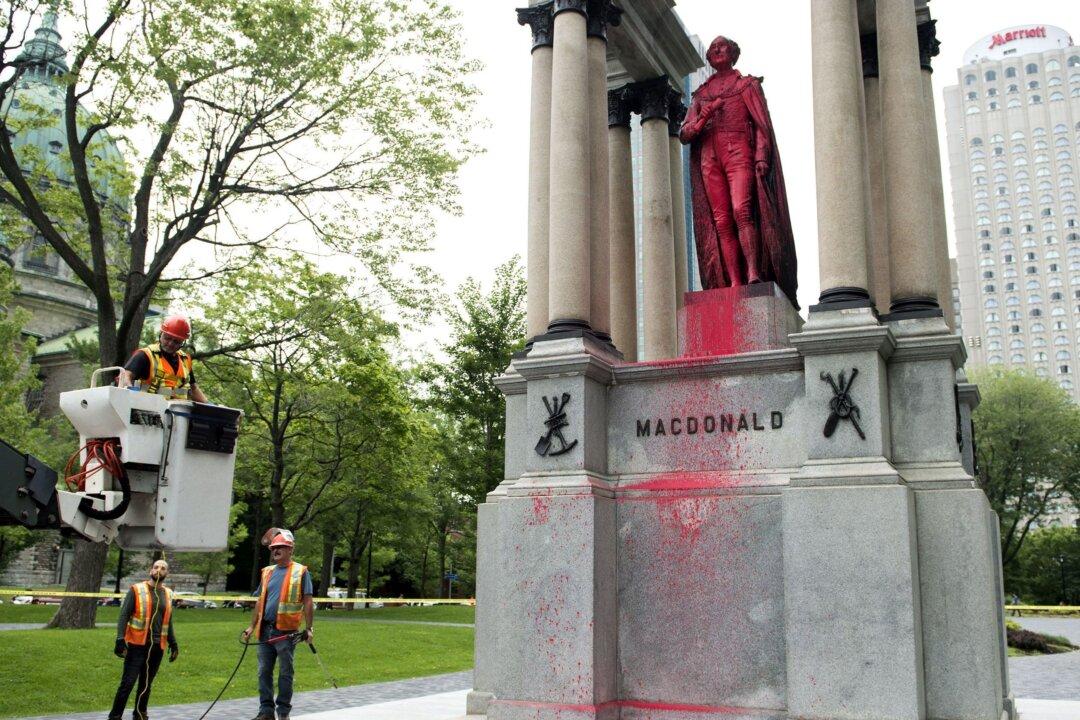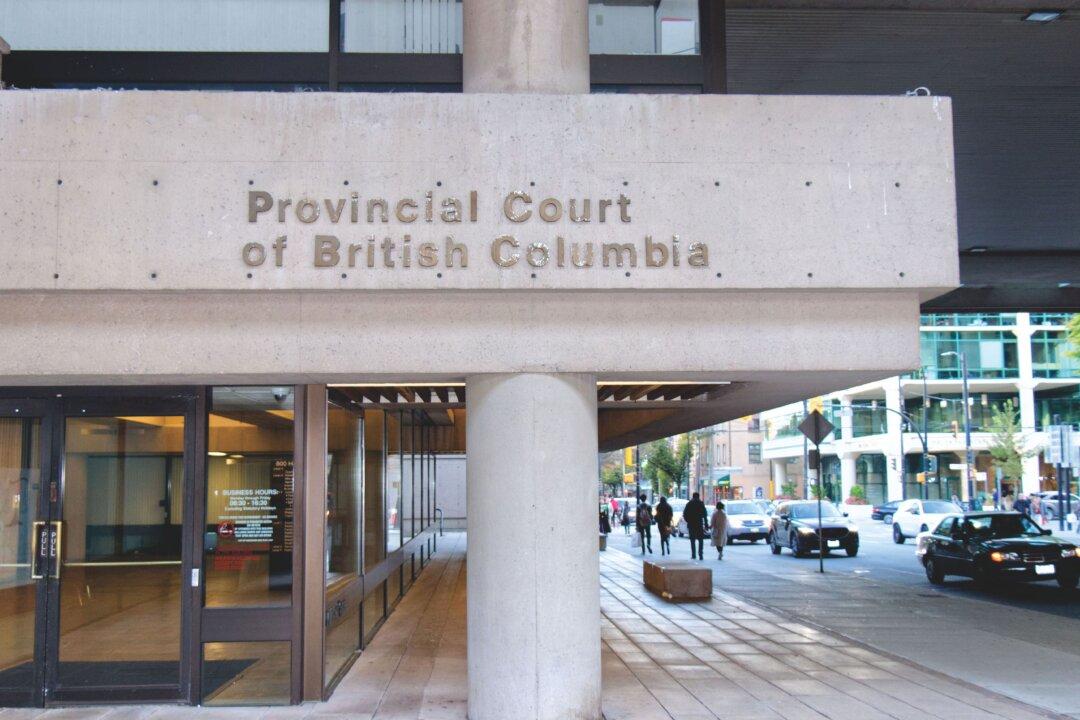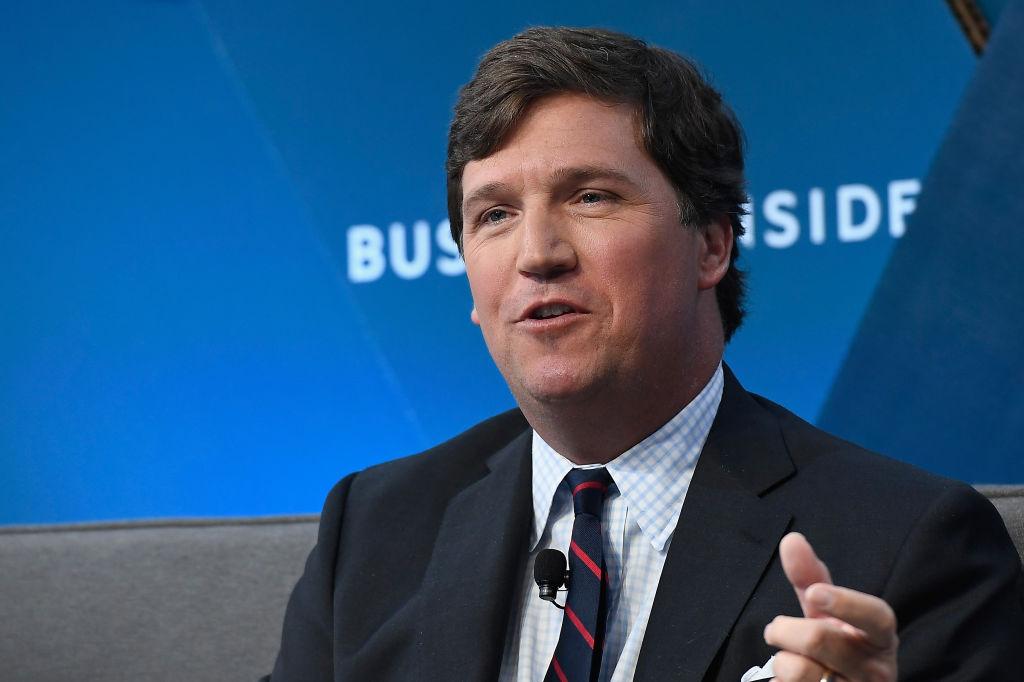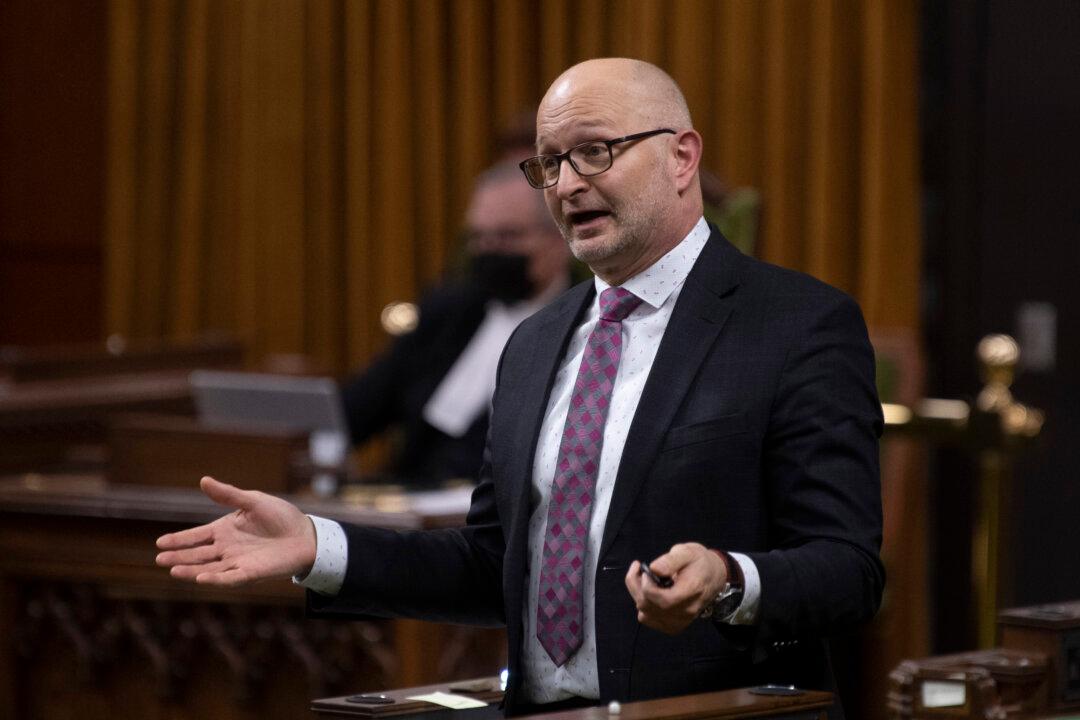Commentary
Sir John A. Macdonald, our first prime minister and the man who more than anyone else made Canada a bicultural confederation from sea to sea, died this month in 1891, age 76. Liberal opponent Wilfred Laurier called him “the foremost Canadian of his time.” Another contemporary said “his work—a nation—stands as his monument.”





